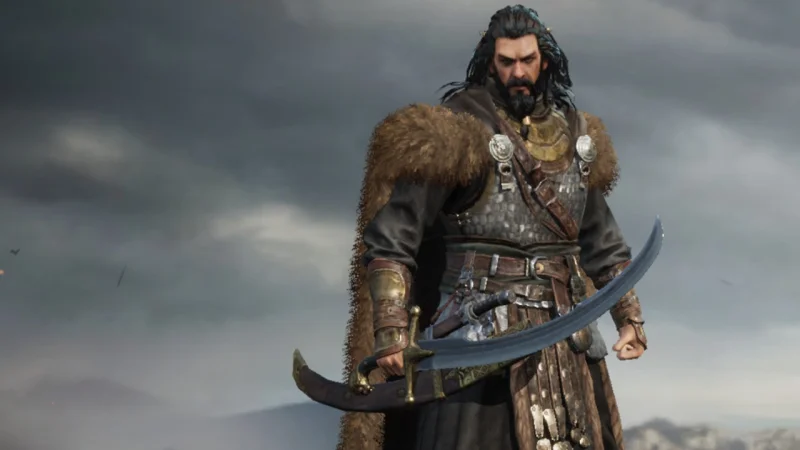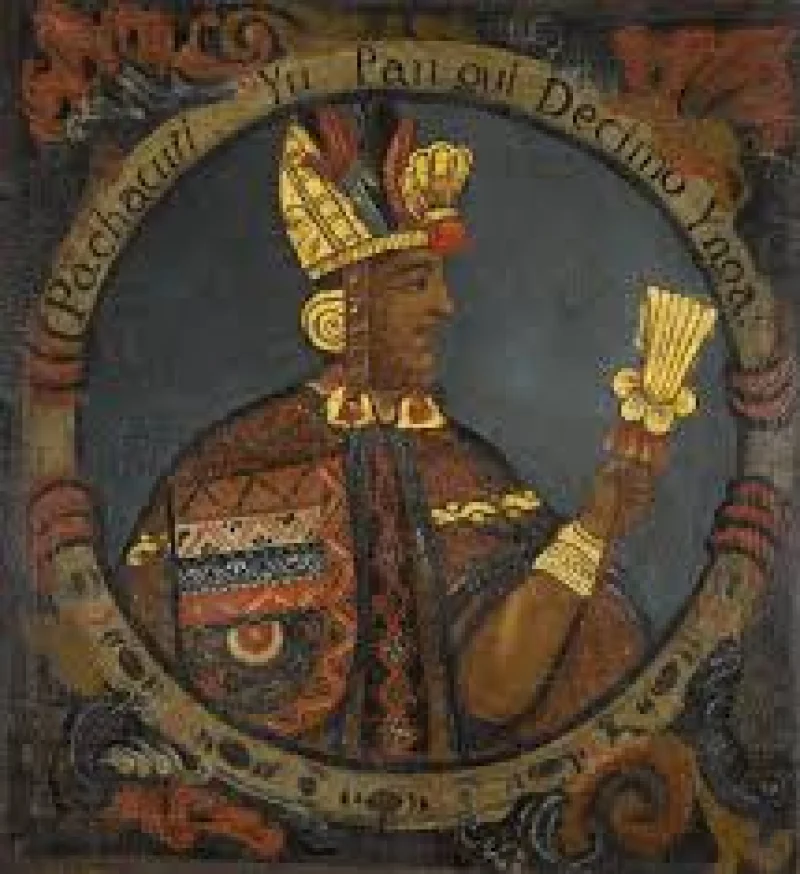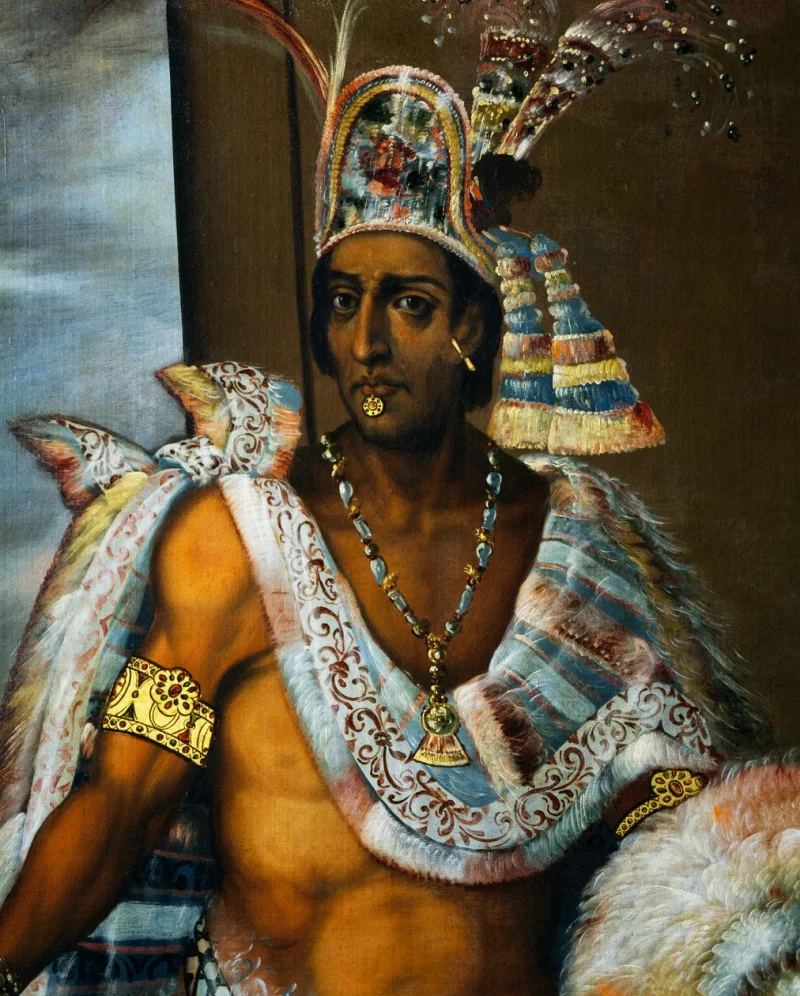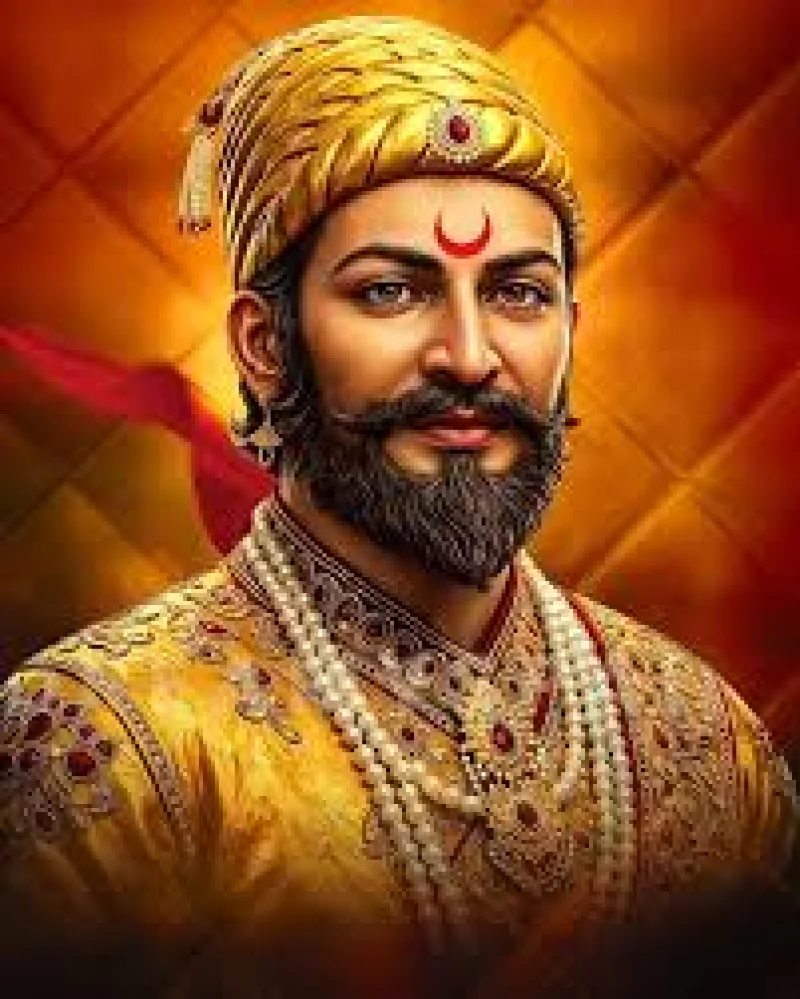Short Summary
Attila the Hun was a formidable and influential leader of the Hunnic Empire during the 5th century. Known for his fierce and strategic military campaigns, he significantly expanded the territories under his control and instilled fear across both the Western and Eastern Roman Empires. His leadership solidified his reputation as one of history's most feared conquerors. Attila's legacy endures as a symbol of barbarian leadership and military prowess.
Early Life & Education
Attila was born around 406 AD into a prominent Hunnic family. His upbringing was deeply rooted in the nomadic traditions of his people, and he was likely educated in the art of war and leadership from a young age. His early life was spent alongside his brother, Bleda, under the guidance of their uncles, who were Hunnic leaders at the time. This period was crucial in shaping his understanding of tribal politics and warfare. The influence of his family and their status within the Hunnic society played a significant role in his development as a future leader.
Career Highlights
Attila's career reached its zenith when he became the sole ruler of the Hunnic Empire after the death of his brother Bleda around 445 AD. He led numerous campaigns across Europe, notably against the Eastern Roman Empire, extracting valuable tributes. His most famous campaign was perhaps his invasion of the Western Roman Empire, culminating in the Battle of the Catalaunian Plains in 451 AD. Although not a conclusive victory, it demonstrated his formidable military capabilities. His strategic alliances and ruthless tactics expanded the Hunnic influence across vast regions, making him a dominant figure of his time.
Major Achievements
- Unified the Hunnic tribes under a single leadership, strengthening their power.
- Successfully negotiated and extracted large tributes from the Eastern Roman Empire.
- Led a significant invasion of Gaul, challenging Roman authority.
- Expanded the Hunnic Empire to its greatest territorial extent.
Famous Quotes
- "There, where I have passed, the grass will never grow again."
- "It is not a crime to be born in a barn." (Attributed, illustrating his view on humble origins)
Interesting Facts
- Attila was often called the "Scourge of God" by his Roman adversaries.
- He died in 453 AD under mysterious circumstances on his wedding night.
- Despite his reputation, some accounts suggest he was a fair and diplomatic leader to his own people.
- He had numerous wives, as was customary among Hunnic nobility.
Legacy / Influence
Attila's legacy as a fearsome conqueror and military strategist has endured throughout history. His campaigns against the Roman Empire highlighted the vulnerabilities of the once-mighty empire and contributed to its eventual decline. In folklore and popular culture, he is often depicted as the archetypal barbarian leader, symbolizing the clash between the Roman world and the so-called "barbarian" societies of the time.
FAQ
Q: Why is Attila the Hun famous?
A: Because of his conquests and leadership of the Hunnic Empire, significantly impacting the Roman Empire.
Q: What was Attila's most famous battle?
A: The Battle of the Catalaunian Plains in 451 AD, where he faced a coalition of Roman and Visigoth forces.
Q: How did Attila die?
A: He died unexpectedly in 453 AD, possibly due to a nosebleed or assassination, on his wedding night.











